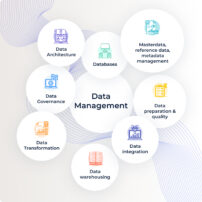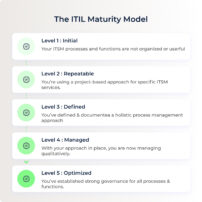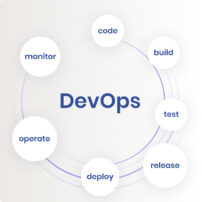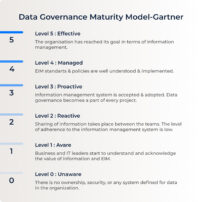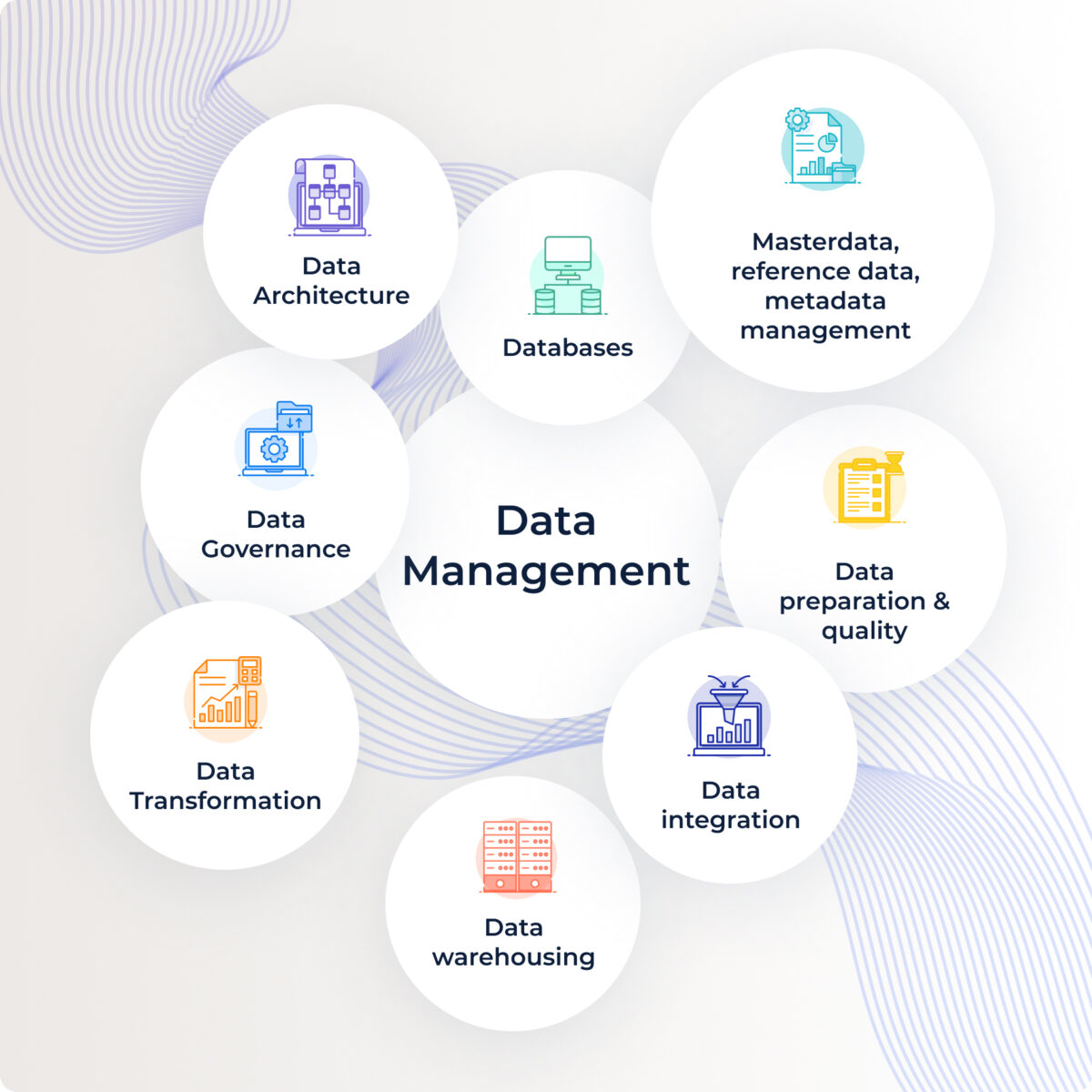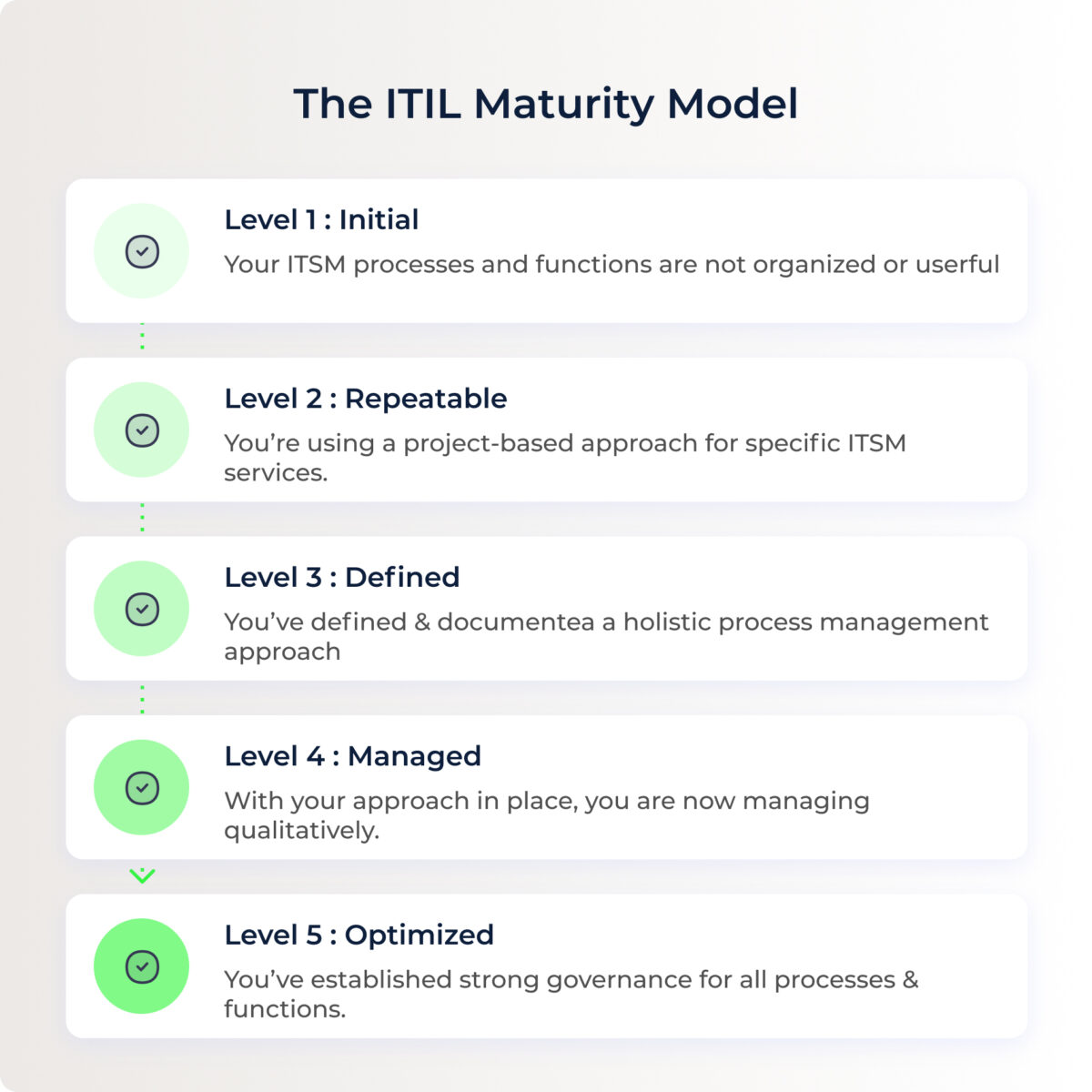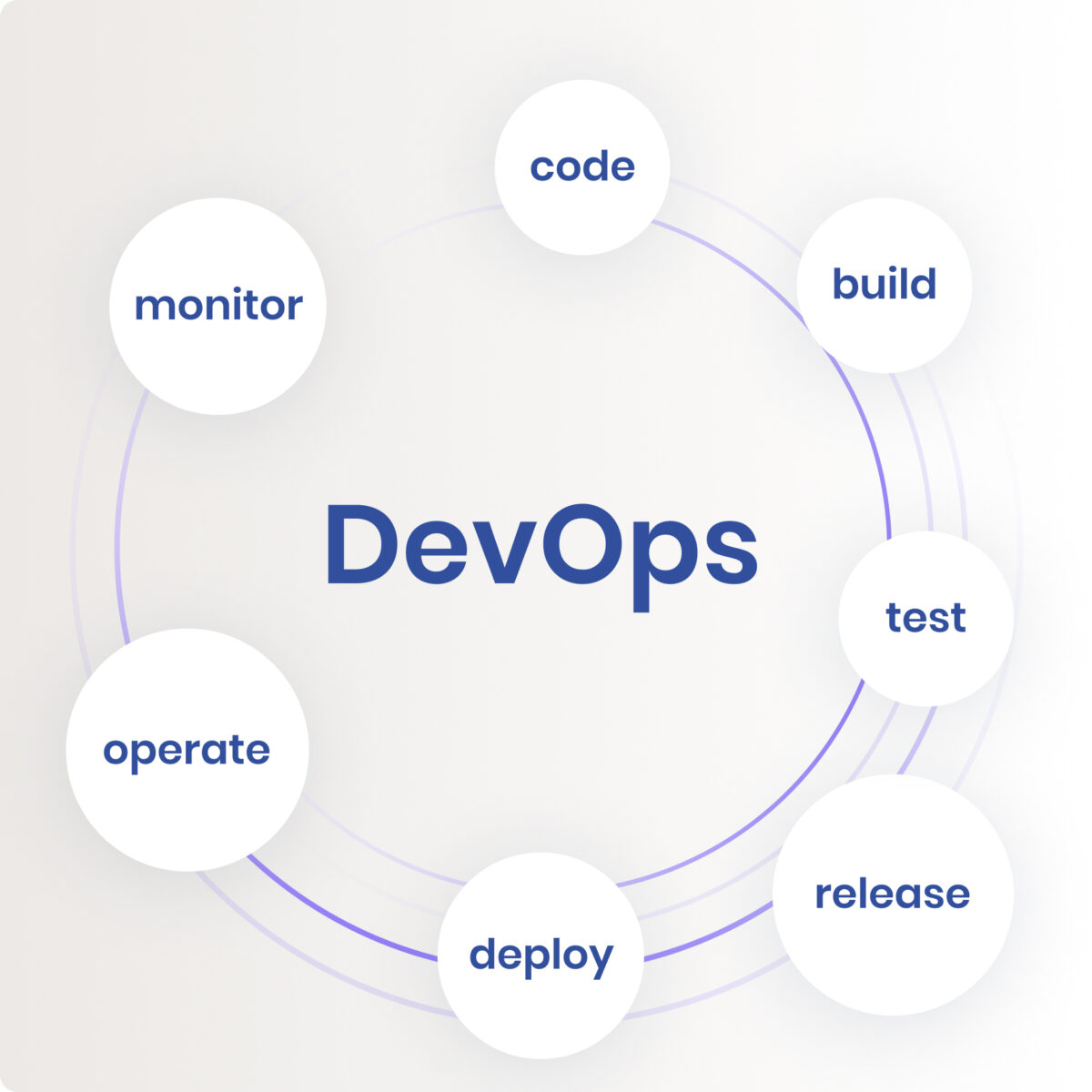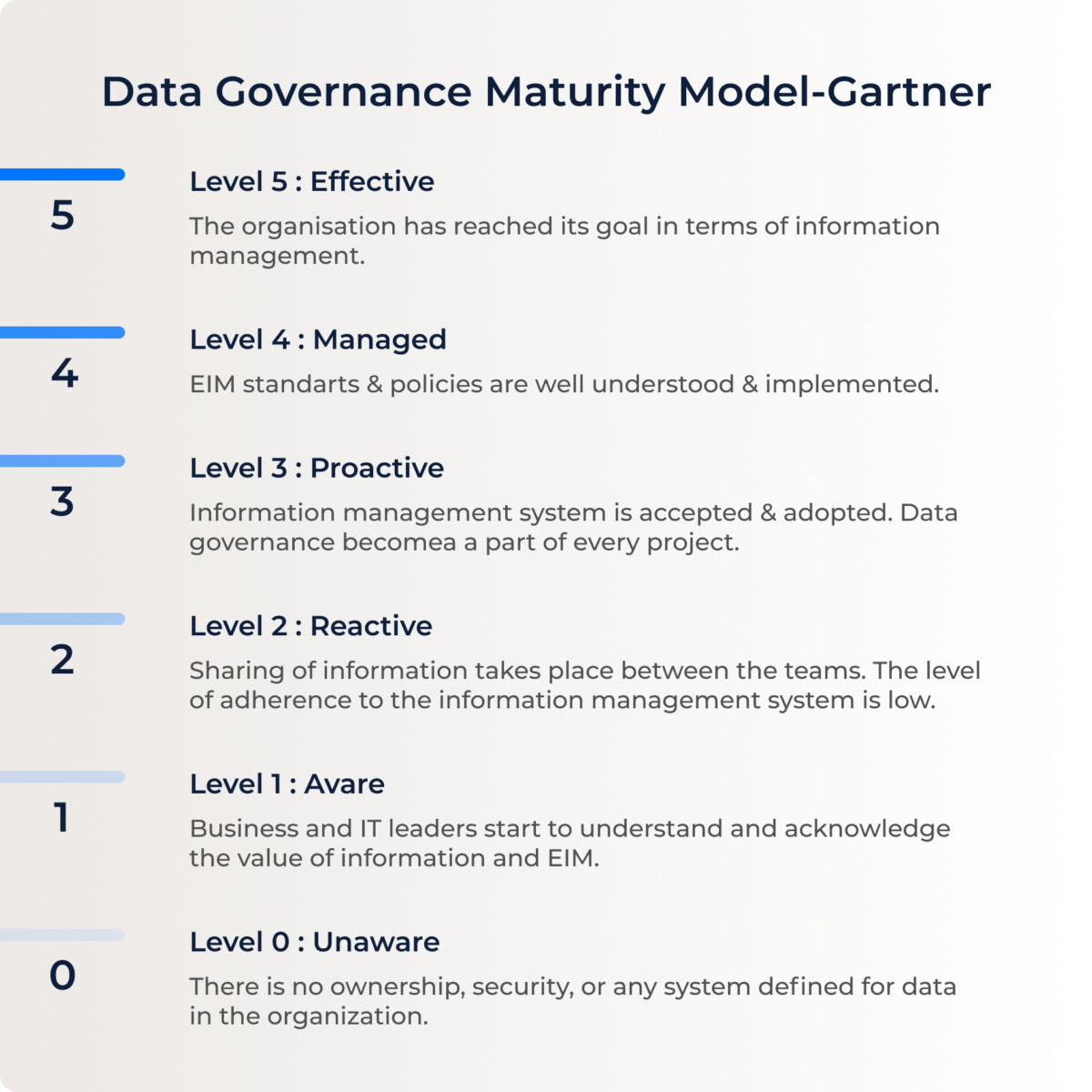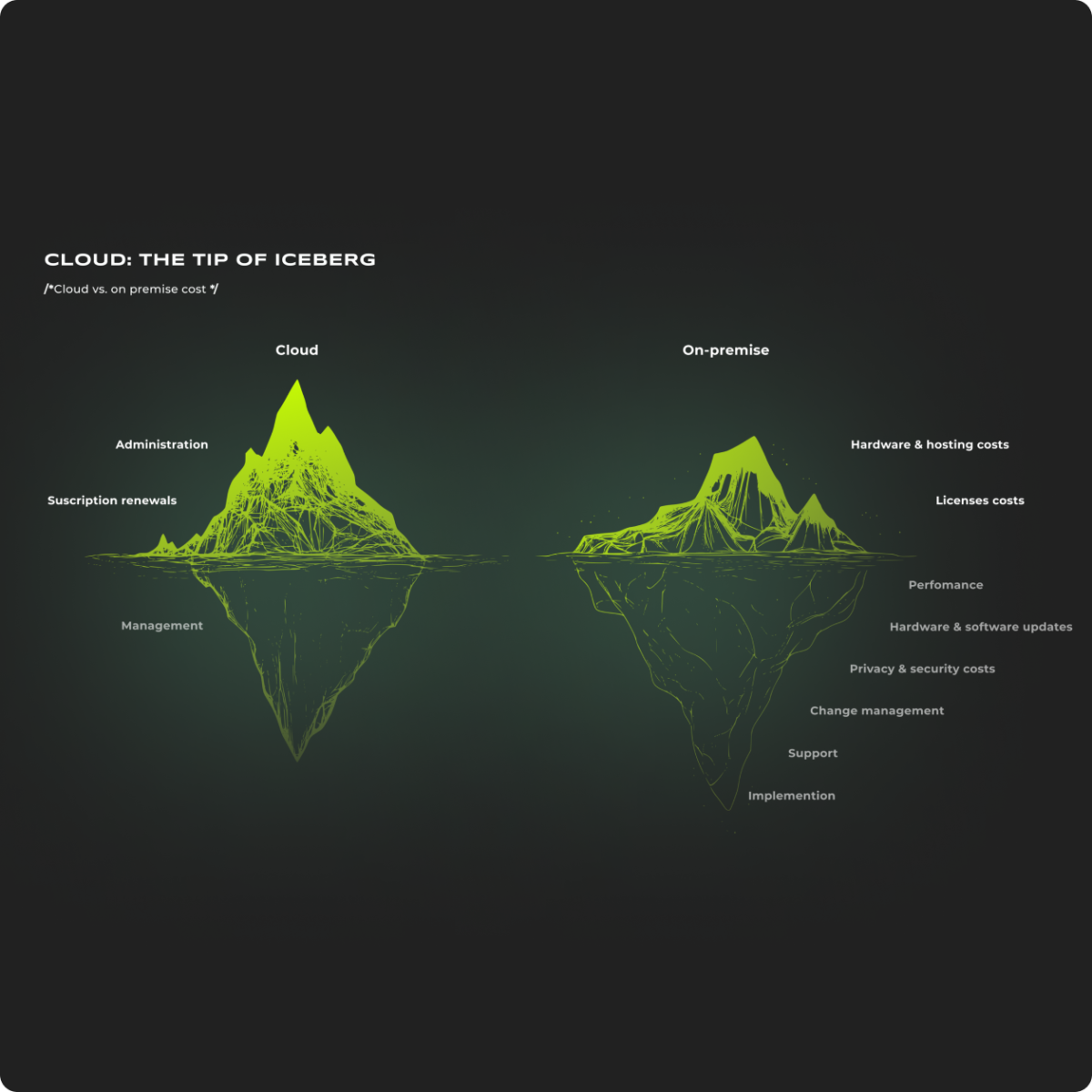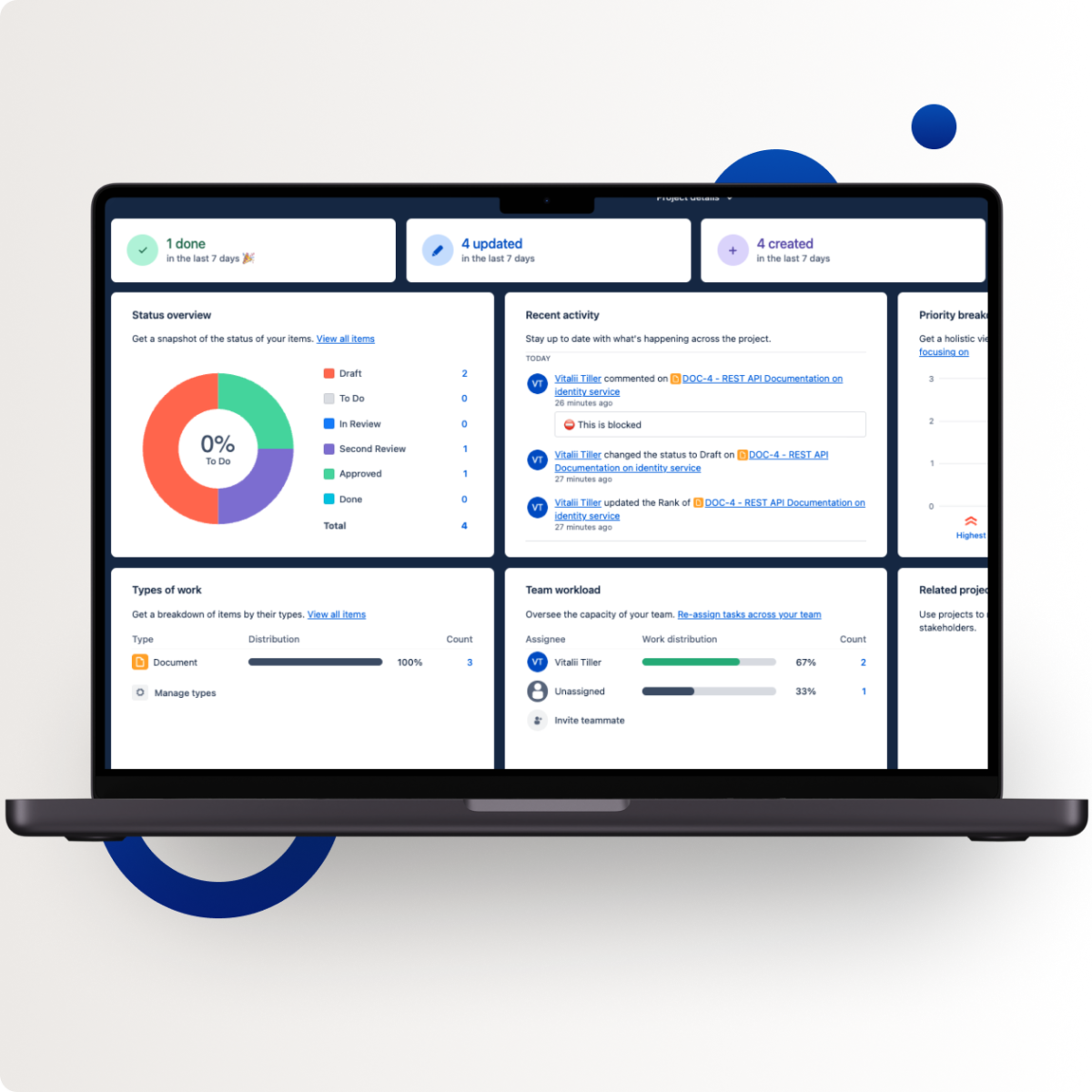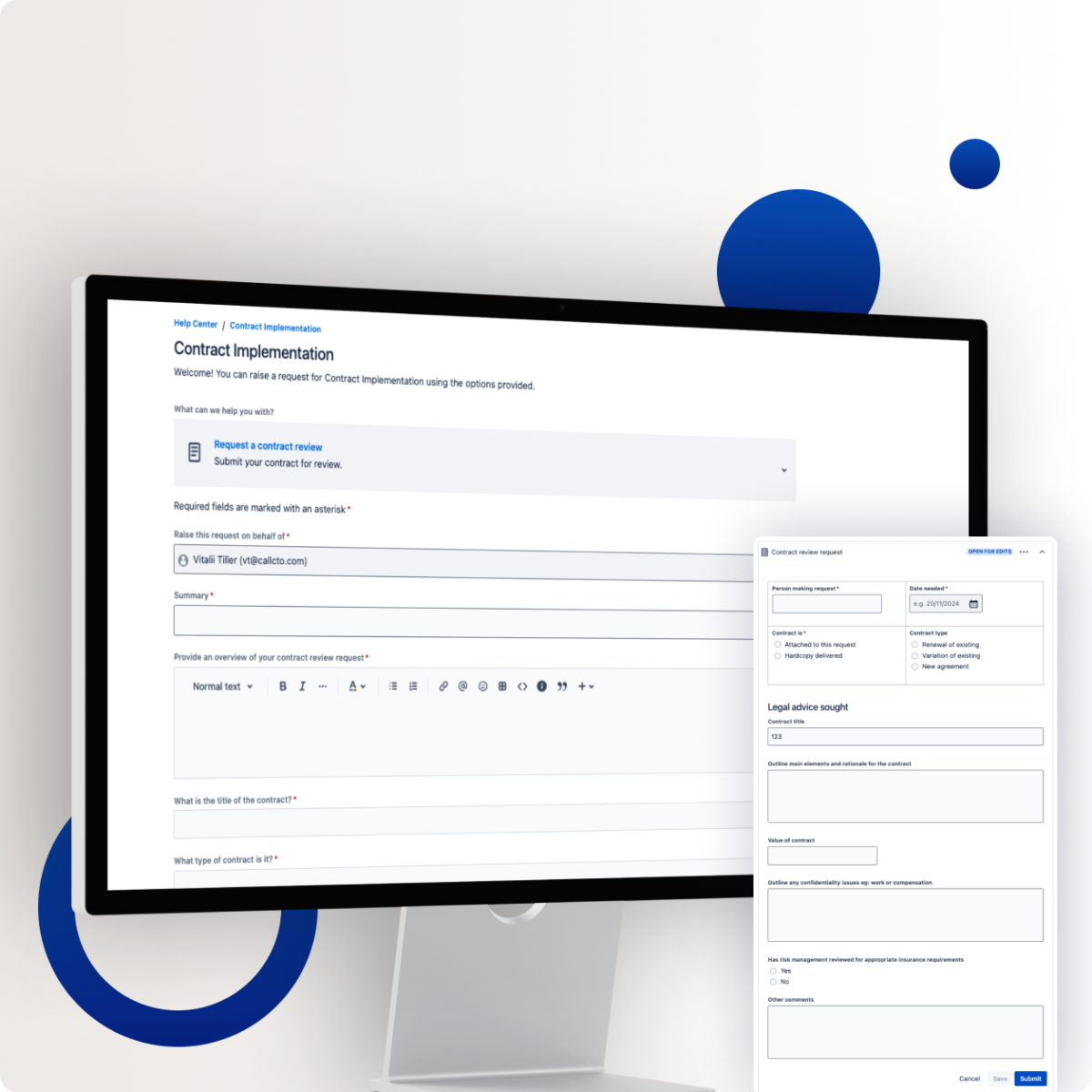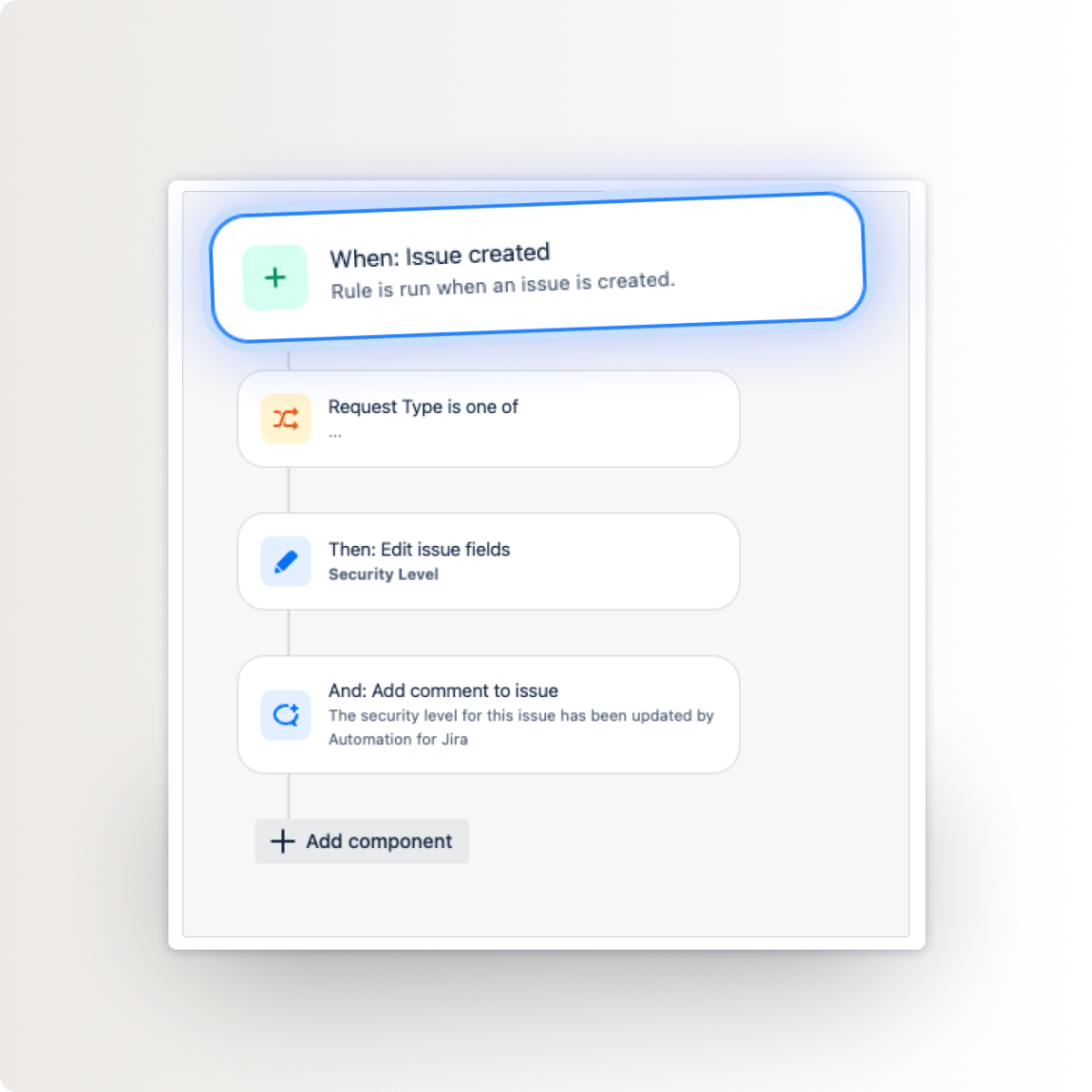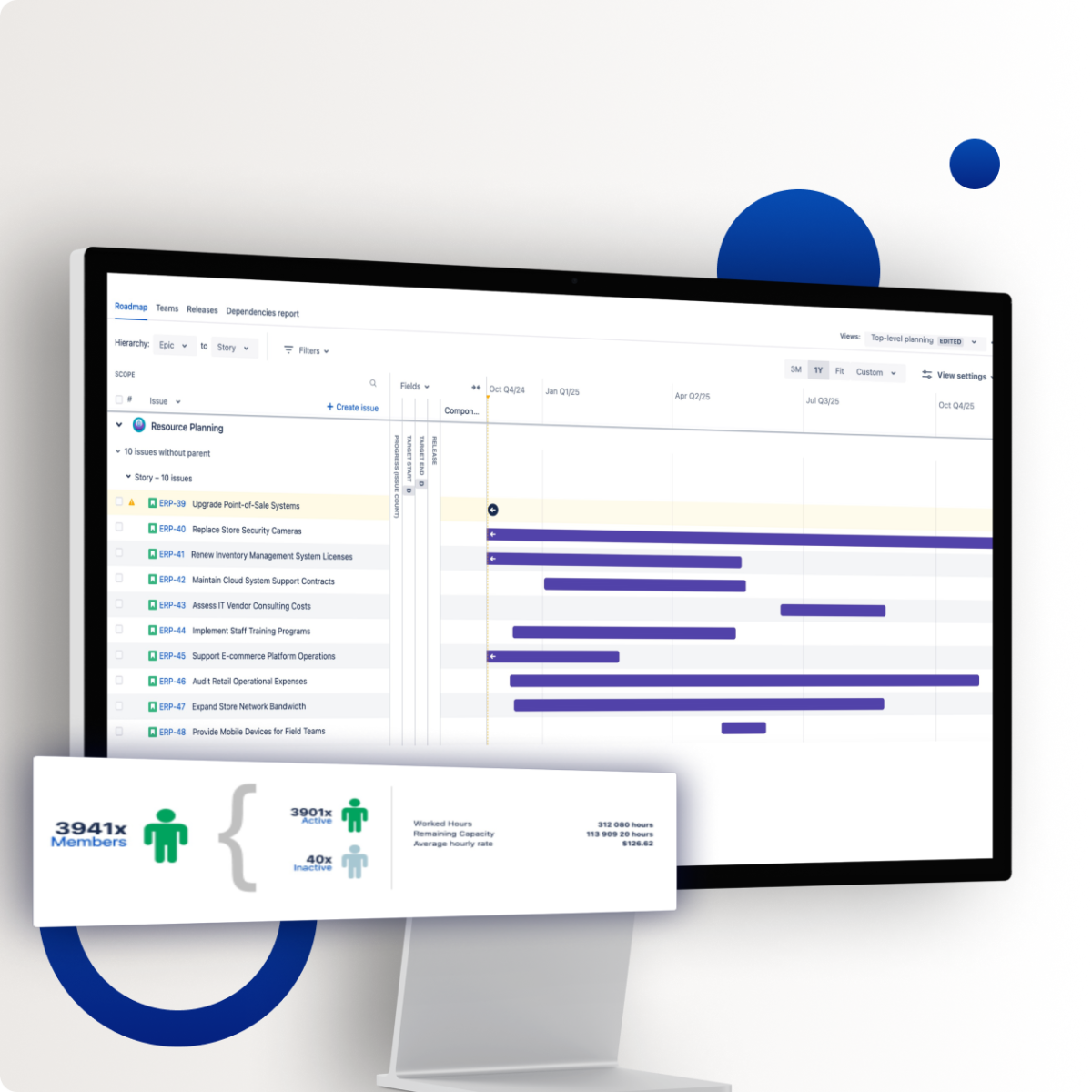Consulting
DEVELOPING A DIGITAL TRANSFORMATION STRATEGY FOR LARGE IT DISTRIBUTOR
/* A project on effective digital transformation for a large IT Distributor. */
project overview
This project involved a large IT disruptor looking to undergo a large digital transformation, as well as developing in-house expertise aiming at increasing the level of automation inside and outside the company through its partner network.
The company was a well-known broad-based IT Distributor based in Europe, active in the market for more than 20 years, with a distributed geographic network and more than 3,000 employees.
The company has a huge number of IT assets, while there were only competencies in system administration and application software without in-house development skills.
We were faced with the challenge of being able to develop a digital transformation strategy and further implement it.
Project details
Considering the size of the company, its existing processes, and user habits, we decided to audit the existing processes and develop architectural solutions through the company’s information platform.
We conducted the audit through a normalized survey of key IT management employees and a statistical evaluation of relevant parameters.
In the process of the analysis, several problem categories were identified. This allowed us to define the areas that needed change:
- A technology stack with limited software development and small operation capabilities.
- A system with a low level of automated testing.
- Insufficient software for implementation and depreciation lifecycle functionalities
- A lack of product business owners and technical experts who could easily make changes to the product.
- Lack of a unified task management tool for different information systems.
- A wide lack of responsibility for data management inside the company.
challenges
To start, we conducted a series of surveys among key members of the IT department to establish a self-assessment of the health of the IT department. Our audit estimates differed from those received from the surveys to a lesser degree. The reason for this was because of the inability to compare the situation with other IT companies and departments performing similar functions- an “insider’s view” often shows some overestimation of characteristics for the better “Confirmation bias”.
Project results
More than 100 deep interviews and surveys were conducted, the current technological stack was reviewed, and the level of maturity of the company IT was determined, a key set of recommendations that formed the basis of the company’s digitization strategy was compiled:
The transition from a waterfall management model to a project-based model with the introduction of elements of agile product management.
Implementation of a service architecture approach with formal cross-component contracts to reduce the monolithic nature of the platforms.
Implementation of development and testing automation; implementation of DevOps methodology in all development processes.
Development and enforcement of SLAs/TLAs for software and technology services.
Improvement of logging and monitoring tools for application systems.
Optimization of infrastructure – creating a single life cycle of implementation and deployment of software products.
Engineering transformation to bring aging systems to the target state.
Increasing the role of information security in corporate data responsibility.
Development and implementation of data management policies and business responsibility for data and information systems data sources.
Creating a common (enterprise) data model.

more cool projects
